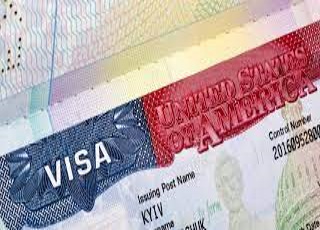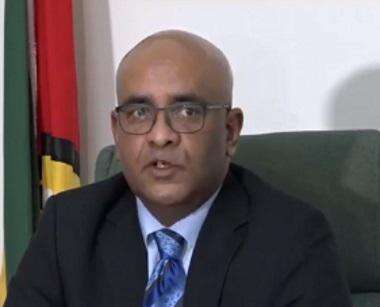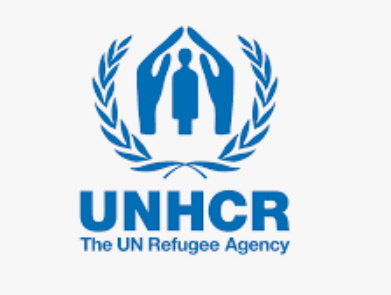PORT OF SPAIN, Trinidad (CMC) — The United Nations High Commissioner for Refugees (UNHCR) says due to funding constraints, it will close its physical office in Trinidad and Tobago as of August 31 this year and that operations will be managed remotely from UNHCR’s multi-country office in Panama.
“UNHCR’s Trinidad and Tobago will close its office to the public on 25 July 2025,” the UN agency said on its website, adding “many of you are already aware of recent global events that have significantly impacted funding for humanitarian and development organisations, including UNHCR and our partners”.
“In many countries, funding has been significantly reduced. This means that while needs are still great, there is less money available to support everyone. This has caused financial uncertainty and global, regional and local budget restrictions,” the UNHCR said.
The Donald Trump administration in the United States (US) has cut US foreign aid significantly, impacting international organisations, leading to job losses, programme closures and reduced services.
The new US policy has resulted in widespread concerns about the ability of UN agencies and non-government organisations (NGOs) to effectively deliver aid, especially in areas like global health and humanitarian response.
The UNHCR said that it is aware “in these uncertain times, there is the potential for rumours and the spreading of false information” and that with its partners in Trinidad and Tobago, the UNHCR will continue advocating for a national asylum system and access to rights for refugees.
“UNHCR, as a global organisation through its regional and international offices, will also continue this important work. Due to the closure of the national office, the way these efforts will continue will change. However, UNHCR’s multi-country office in Panama will continue monitoring the protection environment so that the rights of refugees are respected.”
The UNHCR warned that some people may try to take advantage of the current situation by making false promises to provide services, including the issuance of documentation in exchange for money or favours.
“Please be cautious of rumours and unverified information and check UNHCR’s help webpage (help.unhcr.org/trinidadandtobago) for official updates and guidance,” it said, adding that “personal data you have shared remains confidential”.
The UNHCR is also no longer conducting Refugee Status Determination (RSD) in Trinidad and Tobago, saying “this means that no further RSD interviews will be scheduled, and no decisions will be issued, even if you have been interviewed in the past”.
The UNHCR said that under international law, refugees should be protected from being sent back to a country where they may face danger and from being detained just because they are seeking asylum.
It said countries that signed the 1951 Refugee Convention, including Trinidad and Tobago, are expected to respect these protections.
“The UN Refugee Agency (UNHCR) and its partners are working hard to make sure refugees in Trinidad and Tobago are treated fairly and that their rights are respected. We continue to speak with the government and support refugees in the country. In the event of detention or risk of refoulement, you can contact UNHCR partner, CCHR (Citizens Commission on Human Rights), for legal representation free of charge.”










